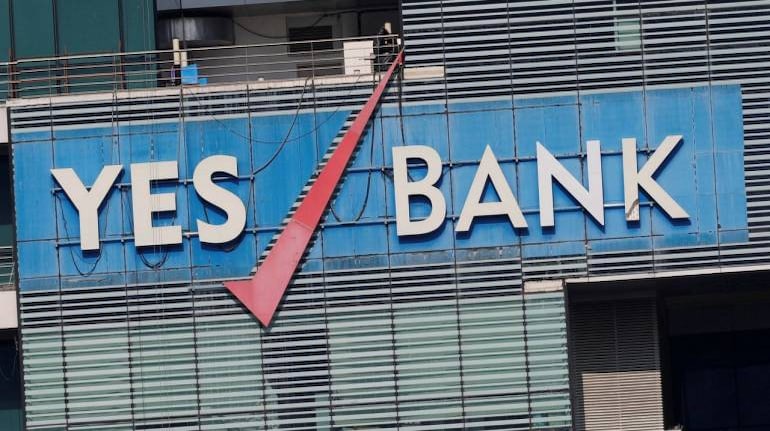



The Supreme Court, while hearing the Yes Bank additional tier 1 (AT1) bonds case on March 3, directed to put on hold the order issued by the Bombay High Court that quashed the lender's write-off of bonds.
The high court had on January 20 quashed Yes Bank’s March 2020 decision to write off Rs 8,415 crore of AT1 bonds, but had given the lender six weeks to appeal against the order. The order remained stayed as the bank decided to approach the apex court.
The Supreme Court, in the hearing today (March 3), decided to extend the stay for an additional period. The top court is expected to issue its order in the case after further proceedings.
The SC bench led by Chief Justice of India DY Chandrachud also sought responses from the bondholders on Yes Bank’s appeal. The Bombay HC order that quashed the write-off of bonds was in response to the plea moved by the bondholders.
The next hearing in the case is likely to come up before the SC in the last week of March.
Also Read | MC Explains: The Yes Bank AT1 bond and why Bombay High Court refused a write-off
Background
Yes Bank was on the verge of collapse in early 2020, owing to alleged fraud, financial irregularities, and non-performing assets (NPAs). A clutch of banks came to its rescue at the direction of the Reserve Bank of India (RBI).
The RBI put Yes Bank under a moratorium in March 2020 and a new management and board were appointed as part of a rescue plan.
As part of the reconstruction scheme approved by the central bank, Yes Bank’s AT1 bonds were written down by the RBI-appointed administrator.
The move came as a shock to AT1 bond holders, who accused the bank of misselling the bonds as FDs, promising both higher returns and safety. They subsequently decided to challenge the bank's decision before the courts.
A probe by the Securities and Exchange Board of India (Sebi) found that the bank had missold these bonds to retail investors without informing them of the attendant risks. The Sebi investigation also found that Yes Bank had positioned these bonds as ‘Super FD’ and ‘as safe as FD’ to investors.
Subsequently, Bombay HC quashed the decision to write off these bonds.
Providing the rationale for its decision, the court highlighted the absence of the clause (to write off AT-1 bonds) in Yes Bank’s reconstruction scheme, and said that the administrator overreached his authority.
The legal battle has now reached the Supreme Court. In the hearing earlier in the day, Yes Bank was represented by senior counsel Kapil Sibal, whereas, Solicitor General Tushar Mehta appeared for the RBI. The bond holders were represented by senior advocates Mukul Rohatgi and K V Vishwanathan.
Discover the latest Business News, Sensex, and Nifty updates. Obtain Personal Finance insights, tax queries, and expert opinions on Moneycontrol or download the Moneycontrol App to stay updated!